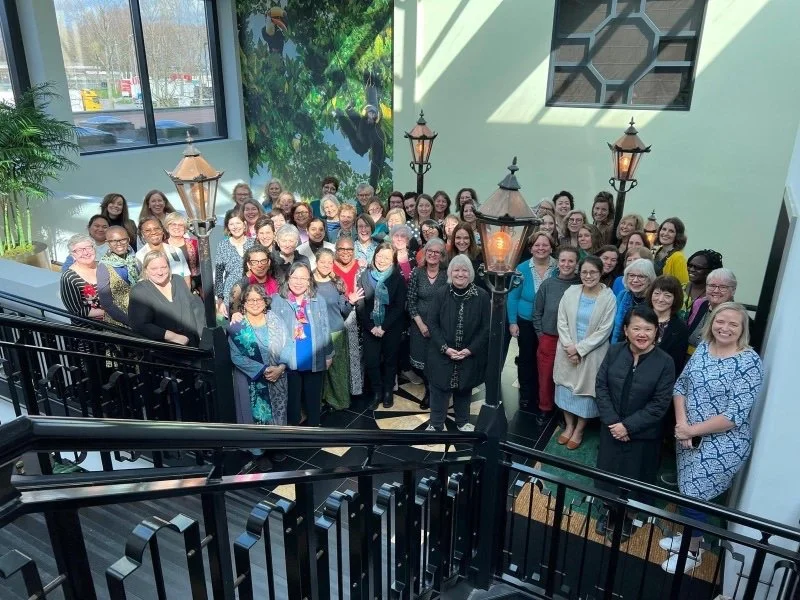Identity
Photo by Iulia Mihailov on Unsplash
Transcription below:
Shalom! Today I want to talk about identity. Identity is something which is big, though it’s small. But what matters is what is our true identity. Many people just see you and come up with a conclusion about your identity. They start to assume things. They start to dress you up with different categories, different things. They start to make assumptions about you. Yet, they really don’t know you. Seeing someone outside doesn’t mean that you know that person. Seeing someone from a distance doesn’t make you think or say that you know that person. But those are people, those are human beings. But guess what, the good thing is what is your identity in Christ. The way Christ sees us is not the way people see us. The way people look at us, undermine, judge, put a lot of things in their assumptions about you, that’s not the way Christ sees you. Christ sees us in a different way. Christ sees us as children, as friends, not the way people see us. Christ, when he talked about identity, he really meant it. When he said that we are friends, that we are no longer slaves, but we are children, he meant it. When he said that we are friends now, he meant it, because he doesn’t lie.
So, brothers and sisters, I just want to leave you with a question – what’s your identity in Christ? How do you view yourself? Do you underlook yourself because of what people say, because of the allegations, the assumptions? How do you look at yourself? When you look at yourself in the mirror, how do you see yourself? For me, when I look in the mirror, I see myself that I am fully and wonderfully made. I’m really having the image of God and I see God in me. It doesn't matter what people see in me; I really don't care, I don't care at all. But what matters is the one who is in me, what he sees me; the one who is in me, what does he talk about me. He says I'm his, I'm a child of God, I'm a friend! I’m not a slave, I’m created from his own image. So, I’m representing him. That's what really matters to me, the rest I don't want to know, what people think.
So, my brothers, my sisters, who are there, who have lost hope, who have lost the love, who have lost the confidence of standing in front of people, who have lost even the zeal of serving the Lord because of what people think, because of what people say about you: please, let this be a remind call that you are fully and wonderfully made in the image of God and God loves you the way you are. He loves you the way you are - he didn't make any mistake to create you the way you are. If you are lame, if you are disabled it's ok God loves that – yeah, it doesn't matter to him! If you are stumbling, it's okay. We have seen God using such people. We see Moses, he was stumbling, but he delivered the Israelites. He didn’t know how to talk, but God used him. So don’t look on the negativity of what people talk about you, but look on the strength God has given you, the way he talks about you, and just know that he didn't make a mistake. He knows why you are created like that, he knows why you are who you are. So just stand up, praise him, worship him, let the life move on. Amen! Thank you Lord for who we are in you. Shalom.
About the author: Emma is an All Nations fieldworker serving God among a neglected people group in Africa.
Staying Connected or Learning More
Help share this and other blogs with your friends and ministry leaders! It would also be a huge help if you could please follow us on social media via the links below! Thank you!
If you would like to receive leadership updates, link here to stay current on All Nations International’s news and prayer efforts! To learn more about All Nations today, visit: www.allnations.international!
Are you wondering if you are wired to go? This area on our web site will help you!
We have plenty other resources (devotion, book club, events) and a monthly global prayer for the neglected! You are welcome to join us.
Give today to see the neglected globally reached — the least, the last, and the lost!
Reaching the neglected globally — the least, the last, and the lost since 1993.













